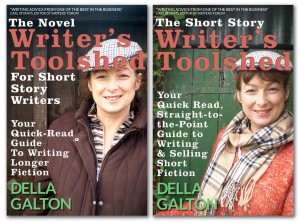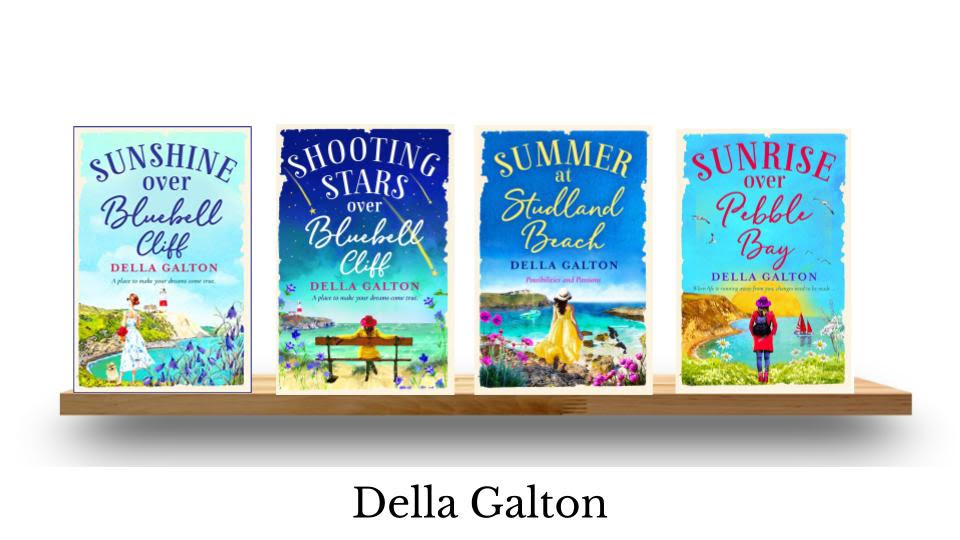I thought it might be helpful to reproduce a few of the questions I’ve been asked about writing in my Dear Della column in Writers’ Forum over the last year. So here is the first:
Q How much editing should I do? The writers group I belong to has conflicting opinions. Some people say three drafts for a short story is plenty and others say you need to do much more than this. I’m getting confused. Is there an optimum amount?
A There isn’t a hard and fast rule. I think it depends on the way you write and possibly also on what type of writing you do as both of these things will affect the quality of your first draft. I know some writers whose first draft is little more than notes. Their second draft might be to turn their notes into a piece of readable prose with a structure and their third to polish. How many drafts you need to do depends on how finished your first draft is – which may also depend on the speed you write it. Perhaps the kind of editing you do is more important than the amount of times you do it.
Personally when it comes to short fiction I do the following:
Draft one – get it on paper. I would finish a short story in its entirety before I do too much editing. I write directly on to a computer so I would also edit out basic mistakes as I notice them. I prefer my first drafts to make a bit of sense.
Draft two – I would go through and make sure the story actually works – i.e. does it have a strong enough beginning, middle and end? Are the plot/characters believable? Is it suitable for its intended market? In the case of a feature this would be the same, but I would be more interested in checking that I’d got my points across in an accessible and interesting way.
Draft three – I would do a more detailed check for things like repetition of words/sentences. I would check continuity, e.g. make sure I haven’t changed a character’s name or eye colour halfway through.
Draft four – I would do the nitty-gritty, proof reading draft – i.e. check spelling, grammar, punctuation, missing words and layout.
One very important thing I also do is to leave a ‘cooling off’ period of as long as possible, but at least three days, between draft two and draft three. This is because it’s much easier to edit your work and see repetition and obvious mistakes when there has been a cooling off period. I would also recommend that if you do any substantial rewriting after you have proof read a piece, that you do the proof reading stage again. Most mistakes you see in final drafts are the result of changes being made after the proof reading stage.
For more on writing you might like my book, The Short Story Writer’s Toolshed.If you buy the ebook before January 1st you won’t have to pay 20 % VAT.






So how long is a piece of string? 😉
Thank you for this very useful advice. Your final piece of advice about proof reading again if there has been substantial rewriting makes a lot of sense and I know I have forgotten to do this on occasions in the past. I feel a New Year Resolution forming in my mind!
I would advise everyone to buy your excellent Writer’s Toolshed books – and yes, definitely before the dreaded 20% VAT increase kicks in. Grr…don’t get me started on the unfairness of that…
My process varies a lot. Sometimes all I need do is proofread the first draft and fix typos. Sometimes I do several rewrites, using different POVs and/or completely changing the order of events before I’m even sure if the story has potential.
In all cases though, the cooling off period is one of the most important steps.
Tee hee, Patsy. me too – wouldn’t it be nice if it was all the time!
Wow that was strange. I just wrote an very long comment but after I clicked submit my comment didn’t
show up. Grrrr… well I’m not writing all that over again. Regardless, just wanted to say superb blog!